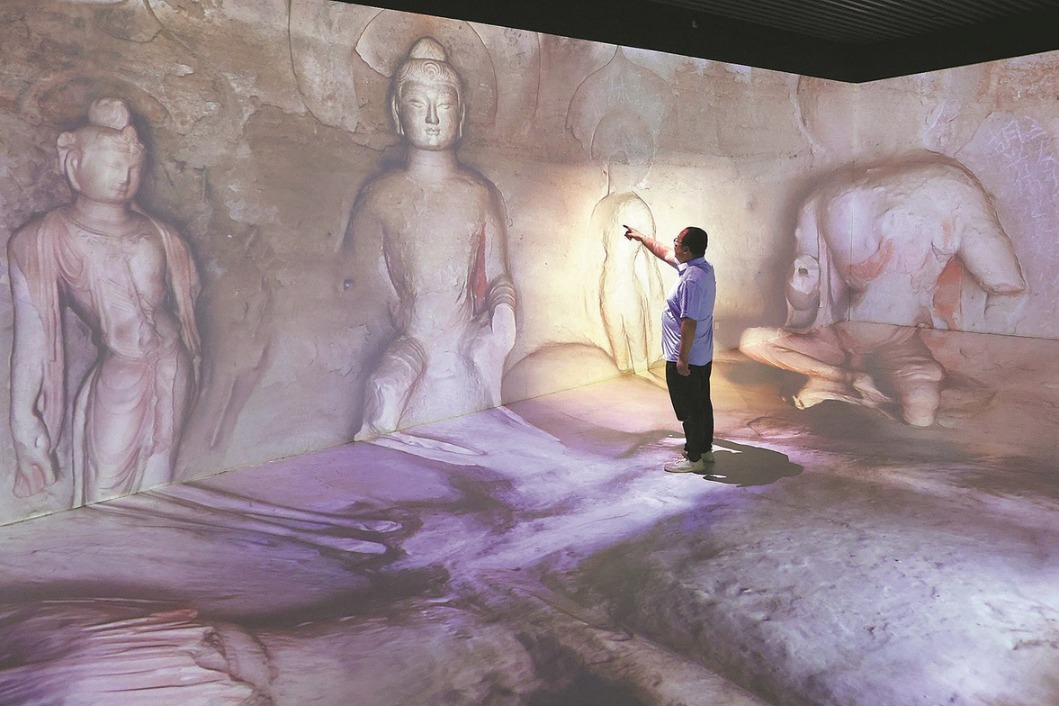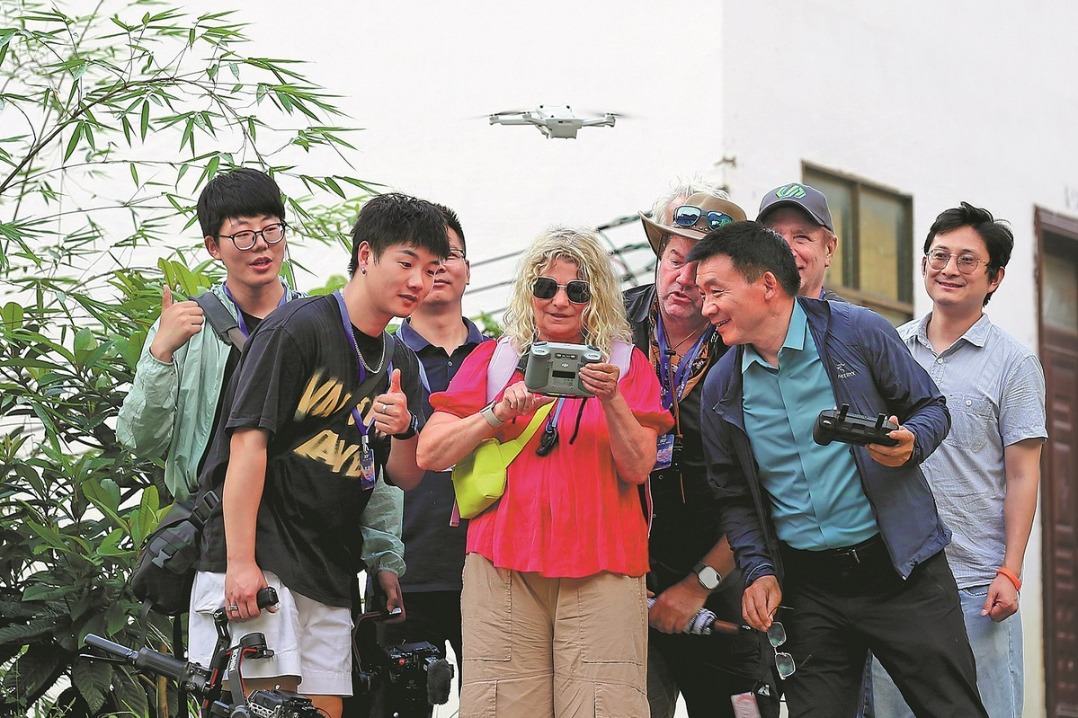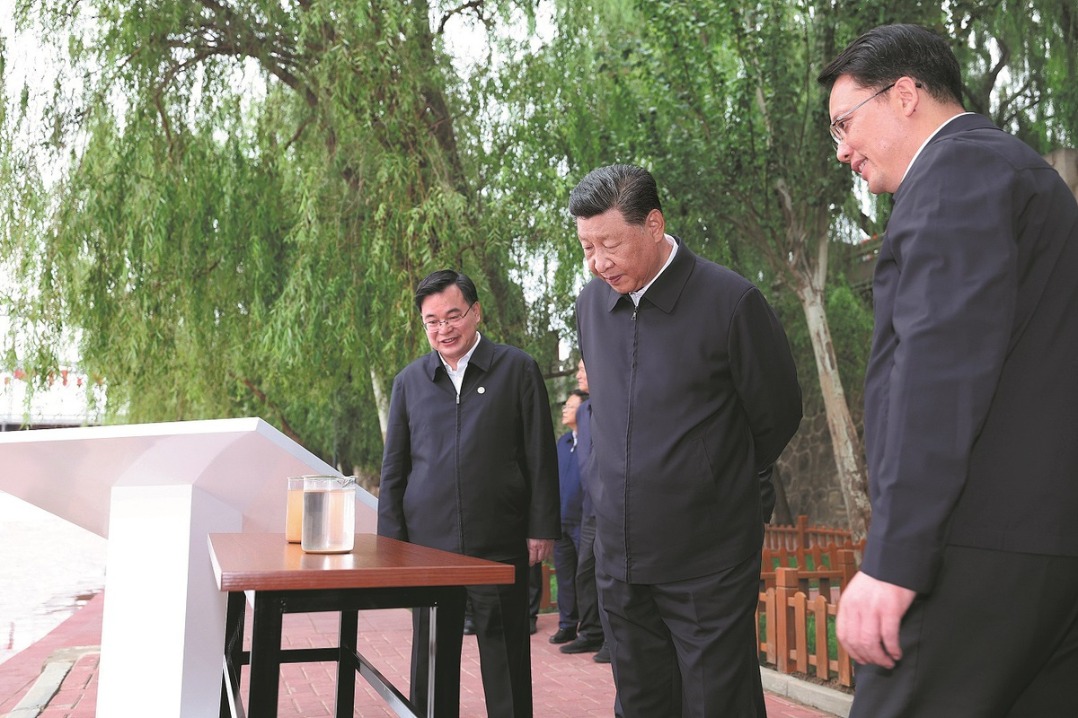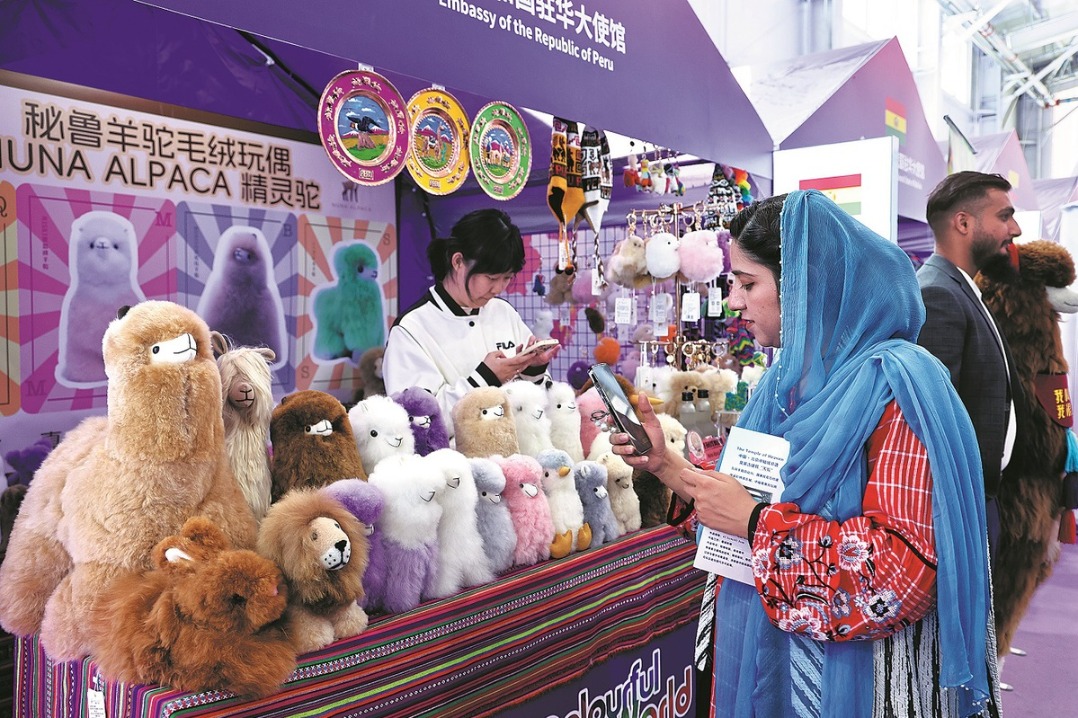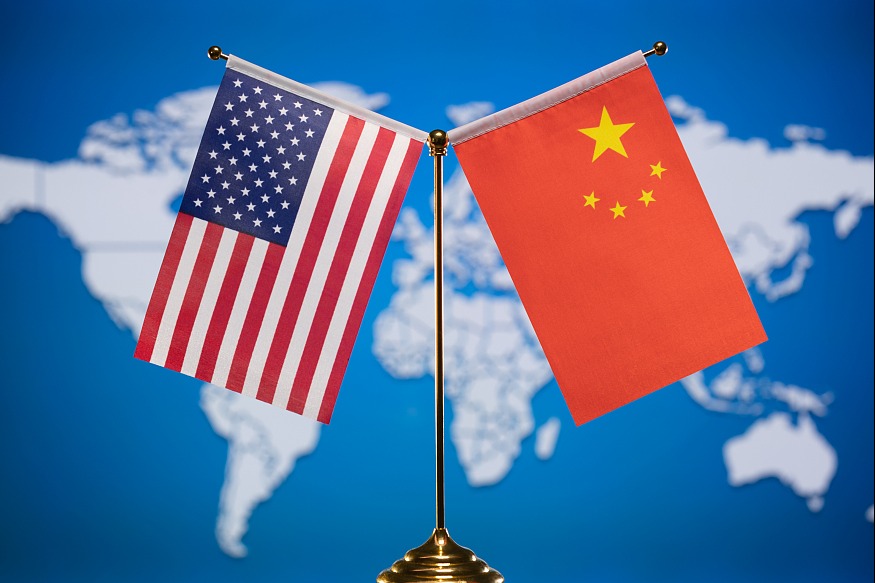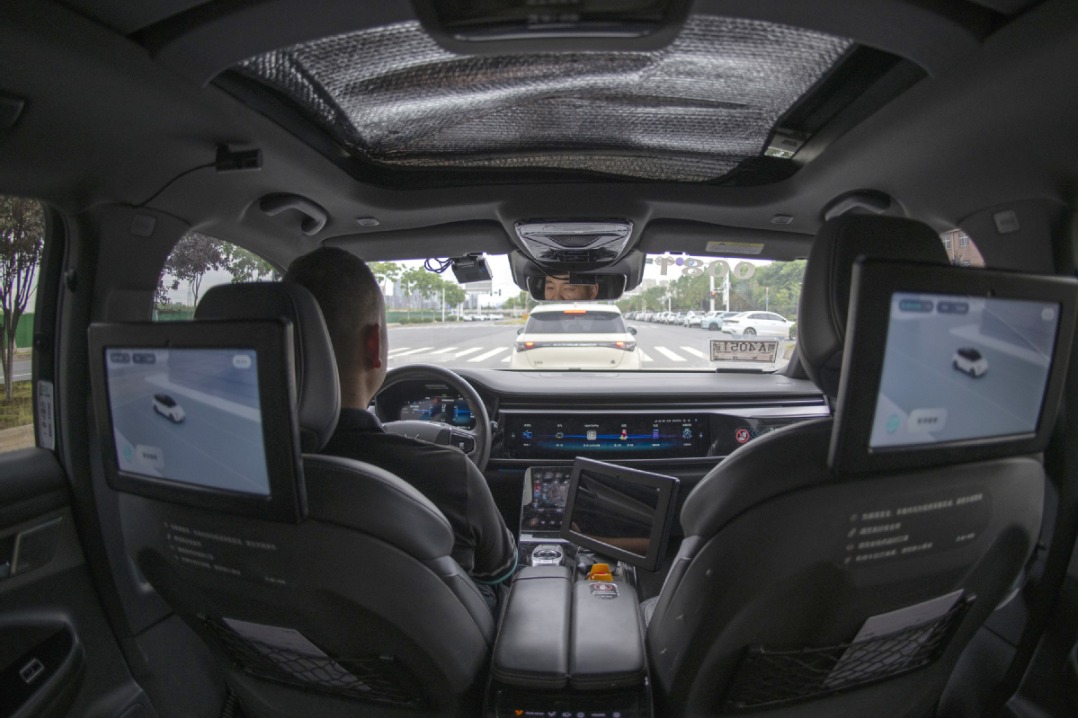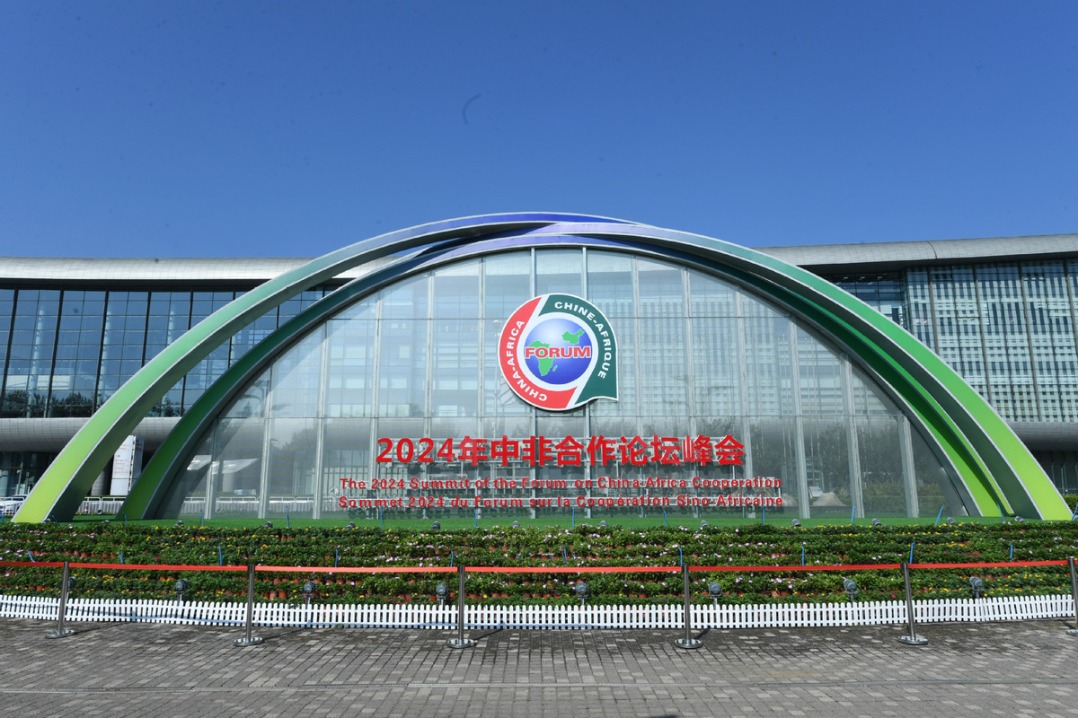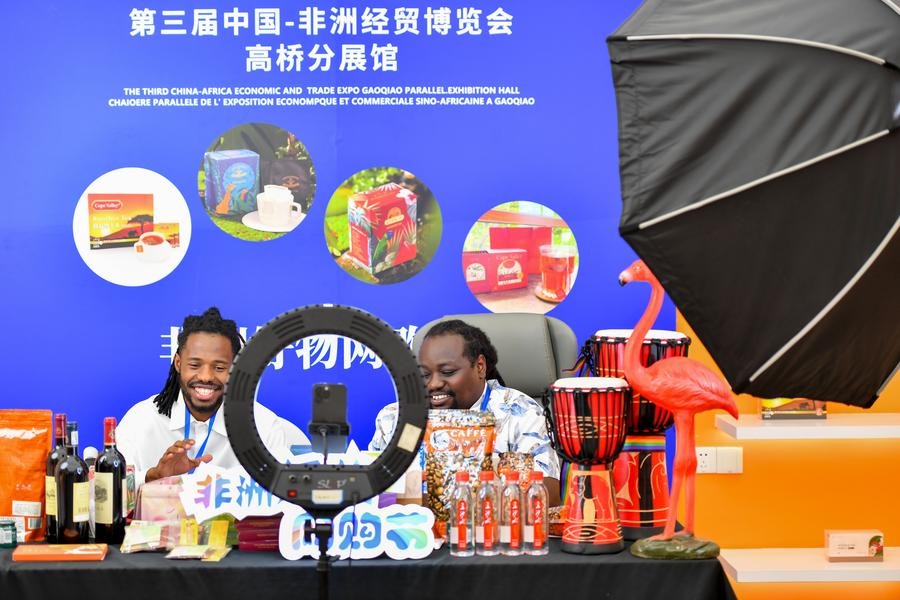Shared Sino-US history can help shape future


After Japan launched the infamous attack on Pearl Harbor in December 1941 during World War II, the United States retaliated with a massive air raid, known as the "Doolittle Raid", on Japan in April 1942. The daring operation ended with several dozen crew members from 16 US bombers parachuting into Zhejiang, Jiangxi, Anhui and Fujian provinces in China, where they were heroically rescued by Chinese civilians and soldiers.
This profound act of solidarity not only saved lives but also forged a lasting friendship between the peoples of the US and China, a legacy that has endured for decades. In retaliation to the "Doolittle Raid" and the assistance provided by the Chinese people for the US soldiers, the Japanese military launched a brutal attack on Zhejiang and Jiangxi a month later, killing about 250,000 Chinese civilians, and bombing the airport in Quzhou, Zhejiang province, after most rescued US pilots were escorted away from the city.
The documentaries and exhibitions about the rescue operation poignantly highlight the heroism of the Chinese people who risked their lives to save the US airmen. The story evokes memories of the Hollywood production, Saving Private Ryan, and suggests that a Sino-US collaborative movie perhaps titled "Saving Doolittle Airmen" would be a fitting tribute to those unsung heroes who deserve to be included in both nations' school syllabuses as an example of the global fight against fascism.
The historical chapter raises many pertinent questions, prominent among them being: Are China and the US locked in a permanent strategic competition, or are they bound by a shared destiny? The question reflects the fundamental differences in the two sides' understanding of the nature and future direction of Sino-US relations. The notion that the relationship is a zero-sum game, often referred to as "strategic competition", is outdated and pits the leading global power against a rising power. This perspective is as obsolete as it is unhelpful.
In the digital age, the world has transcended the clear-cut boundaries of primary, secondary and tertiary industries that defined the industrial era. Since we are helping build a community of cross-border integration and innovation, it is imperative that we foster a shared historical view of the US and China to chart a mutually beneficial future.
Historically, Ge Kunhua (a Chinese poet who spearheaded Chinese language teaching in Boston in the 1870s) and John Dewey (who helped promote China's modern education as a visiting scholar at Peking University and other higher education institutions) have built joint memories and shaped joint narratives for the two countries.
If the Flying Tigers symbolize the wartime alliance against fascism, the city of Quzhou, Zhejiang province, represents the enduring friendship between the American and Chinese peoples. When US airman James H. Doolittle embarked on his perilous Tokyo raid, he did so with the resolve to give the ultimate sacrifice. Little did he know that Chinese civilians would come to his aid and write a cherished chapter of Sino-US shared history.
International relations rest on the closeness of peoples of different countries, and this closeness comes from mutual understanding. A poignant inscription at the UNESCO Headquarters reads, "Since wars begin in the minds of men, it is in the minds of men that the defenses of peace must be constructed." This statement elevates diplomacy beyond mere interactions among countries, highlighting its role in fostering global peace through the exchange of ideas.
Although relations between China and the US have deteriorated of late, the two sides do share hopes and dreams. What happened in Quzhou all those years ago was beyond public diplomacy; unwittingly, Chinese people and the US airmen were crafting a shared historical perspective and building fortresses of peace.
Let's hope the "Doolittle Raid" inspires some filmmaker to make a feature film someday, establish a theme park, and create a museum dedicated to this shared Sino-US history. These initiatives could serve as a test bed for forging China-US ties in the future.
The author is a professor on international studies at Renmin University of China.
The views don't necessarily represent those of China Daily.
If you have a specific expertise, or would like to share your thought about our stories, then send us your writings at opinion@chinadaily.com.cn, and comment@chinadaily.com.cn.

















